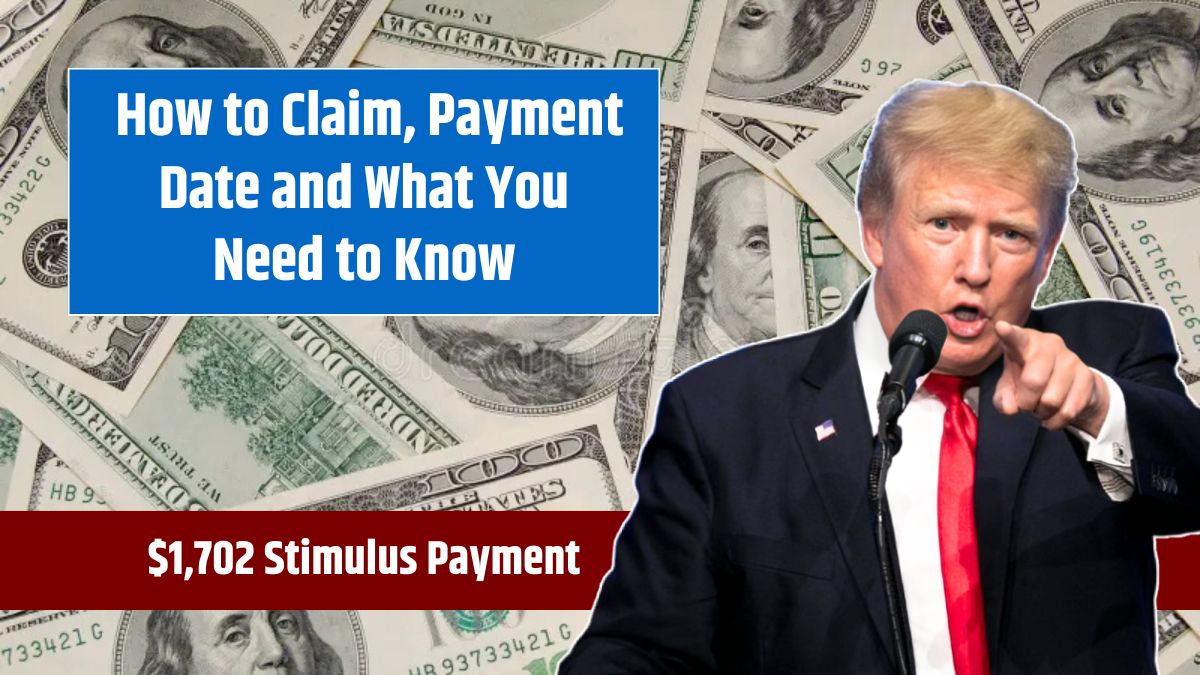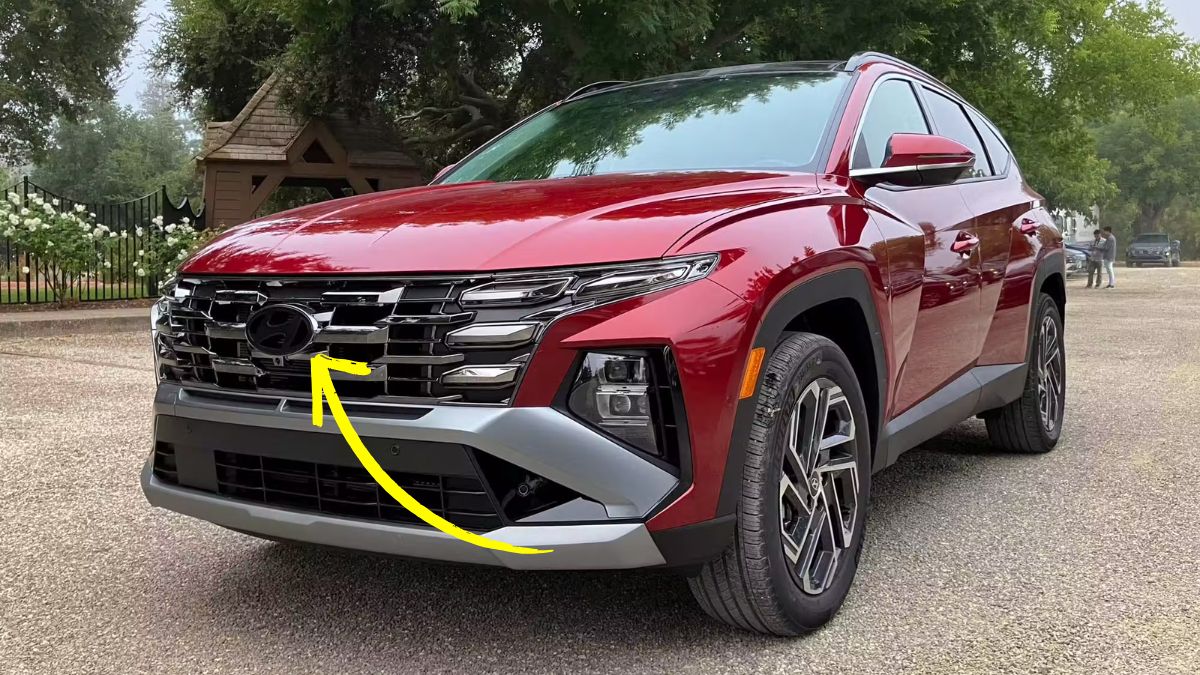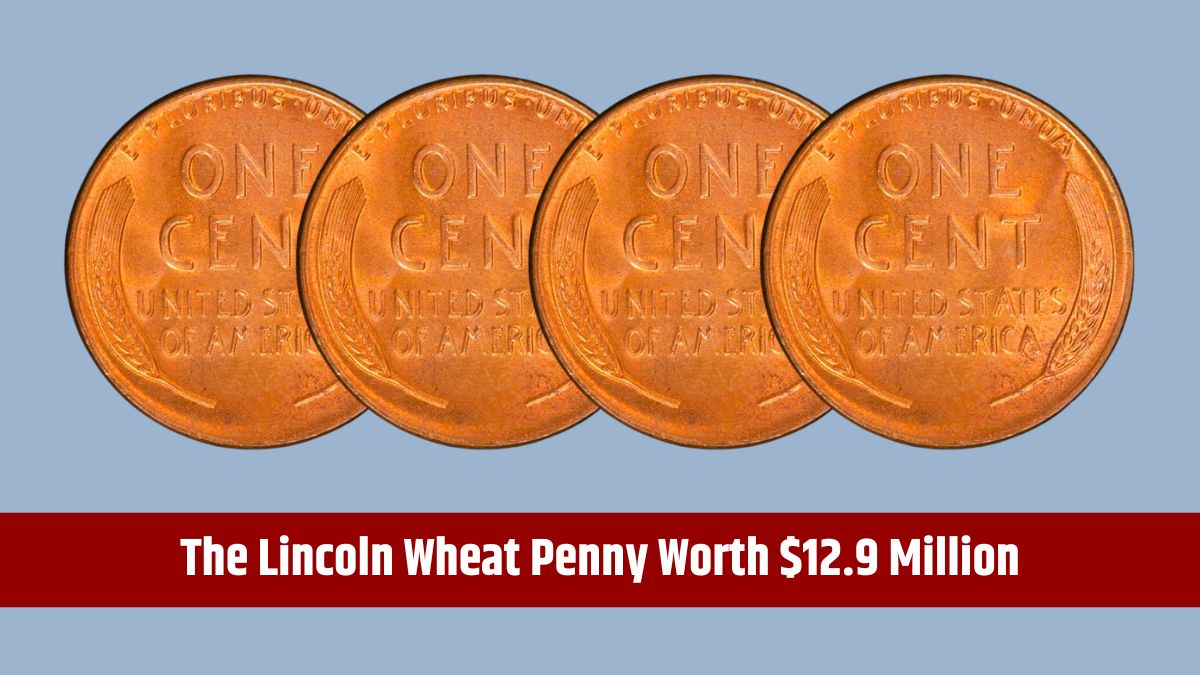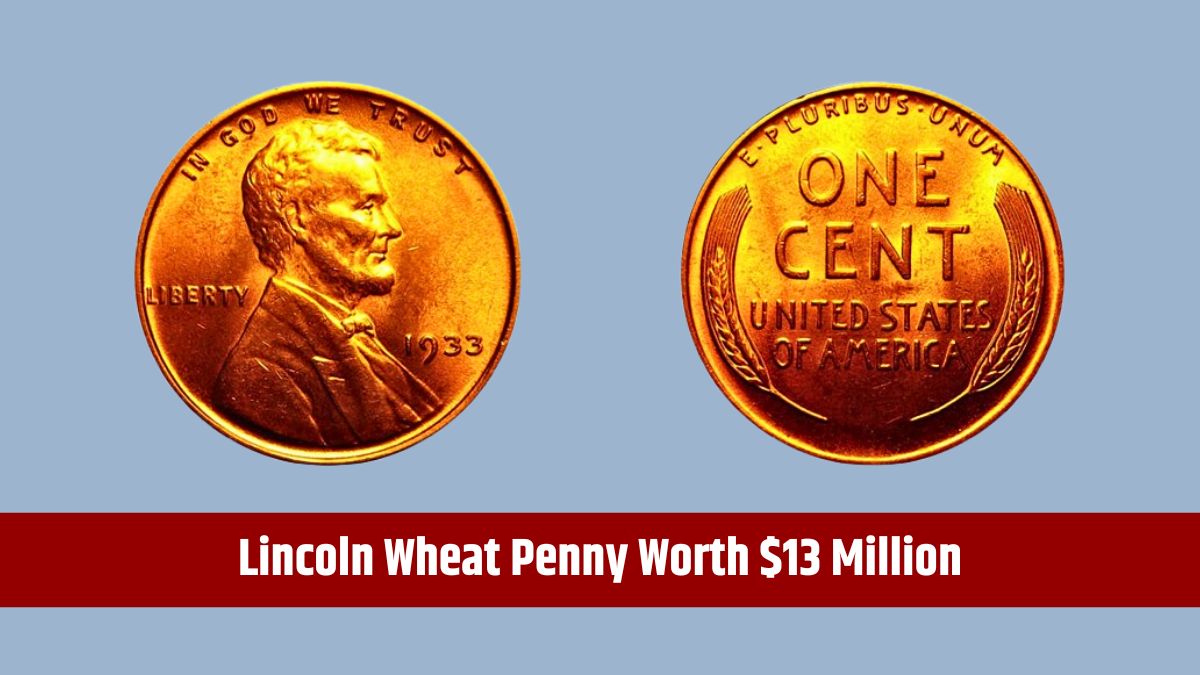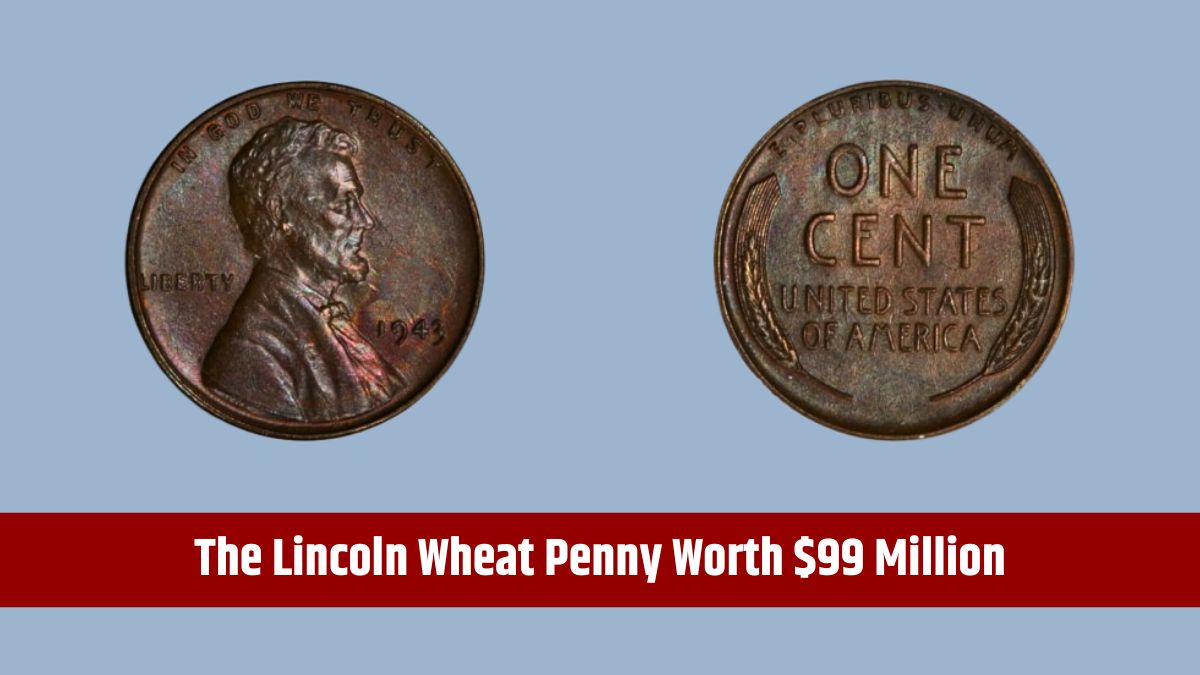In 2025, rumors about a $1702 stimulus payment have been circulating, sparking confusion among U.S. taxpayers. While the IRS continues to offer Recovery Rebate Credits for unclaimed stimulus payments from previous years, there is no federal program providing a $1702 stimulus check in 2025. Here’s what you need to know to separate fact from fiction and understand your financial options.
Table of Contents
Stimulus Payment
The $1702 payment rumor is false. The IRS and other federal agencies are not issuing such a stimulus payment in 2025. However, individuals who did not claim their 2021 stimulus checks may still apply for their pending payments under the Recovery Rebate Credit program.
Eligible individuals can receive up to $1400 if they:
- Did not receive the third stimulus check issued in March 2021.
- Meet the eligibility requirements for the Recovery Rebate Credit.
Stimulus Programs
The U.S. government provided three rounds of federal stimulus checks between 2020 and 2021 to help citizens during the COVID-19 pandemic:
- First Stimulus Check (CARES Act – March 2020)
- Amount: $1,200 per eligible adult, $500 per qualifying child.
- Eligibility: Individuals earning up to $75,000 annually ($150,000 for joint filers).
- Reduced Amounts: Phased out for higher incomes.
- Second Stimulus Check (Consolidated Appropriations Act – December 2020)
- Amount: $600 per eligible adult and $600 per qualifying child.
- Eligibility: Same income thresholds as the first check, but phased out faster.
- Third Stimulus Check (American Rescue Plan – March 2021)
- Amount: $1,400 per eligible adult and dependent, including older dependents (college students, disabled adults).
- Eligibility: Income cap of $75,000 for individuals and $150,000 for joint filers.
One-Time Payments
Although there is no federal $1702 payment, some states are offering one-time financial assistance to residents in 2025:
| State | Program | Payment Amount |
|---|---|---|
| California | Middle-Class Tax Refund | $200–$1,050 |
| Florida | Disaster Relief Payments | Varies (cash assistance, food vouchers) |
| Illinois | One-Time Direct Payments | $50 per individual, $100 per dependent |
| New York | Emergency Rental Assistance Program | Covers rent for low-income households |
| Texas | Utility Assistance | Varies (covers utility bills) |
| New Jersey | ANCHOR Property Tax Relief Program | Varies (based on income/property taxes) |
| Georgia | One-Time Tax Refund | $250 per individual, $500 per family |
| Colorado | One-Time Energy Assistance | Helps with energy costs |
Recovery Rebate Credit
The Recovery Rebate Credit offers an opportunity to claim unreceived stimulus payments:
- If you did not receive your third stimulus check in 2021, you can claim it by filing your 2021 tax return.
- Eligible individuals may receive up to $1400 after filing their taxes before April 15, 2025.
How to Claim
To claim your pending payment:
- File or Amend Your 2021 Tax Return: Ensure your Recovery Rebate Credit is included.
- Check Eligibility: Verify your eligibility for the third stimulus payment.
- Submit Before April 15, 2025: Late submissions may disqualify you from receiving the payment.
- Visit the IRS Website: Access forms and instructions for claiming the credit.
Significant
While the $1702 stimulus payment rumor is unfounded, eligible individuals can still claim up to $1400 under the Recovery Rebate Credit for 2021. Additionally, several states offer one-time financial assistance programs. Stay vigilant about misinformation, and always verify news through official sources like the IRS website to avoid confusion.
FAQs
Is the $1702 stimulus payment real?
No, it is a false rumor with no federal program offering this payment in 2025.
How can I claim my 2021 stimulus payment?
File a Recovery Rebate Credit on your 2021 tax return by April 15, 2025.
Are there state-level financial assistance programs?
Yes, states like California, Florida, and New York offer one-time payments.
What is the maximum Recovery Rebate Credit for 2025?
Eligible individuals can receive up to $1,400.
Where can I verify official IRS updates?
Visit the IRS website for accurate information on stimulus payments.
